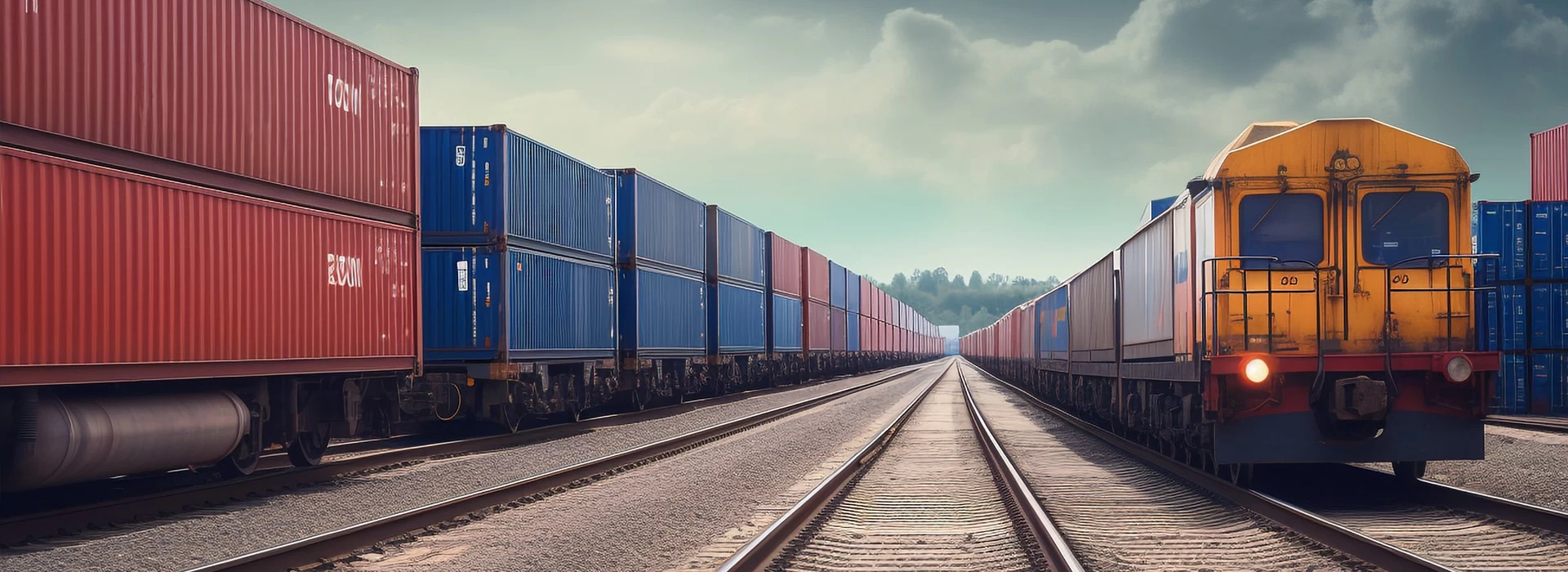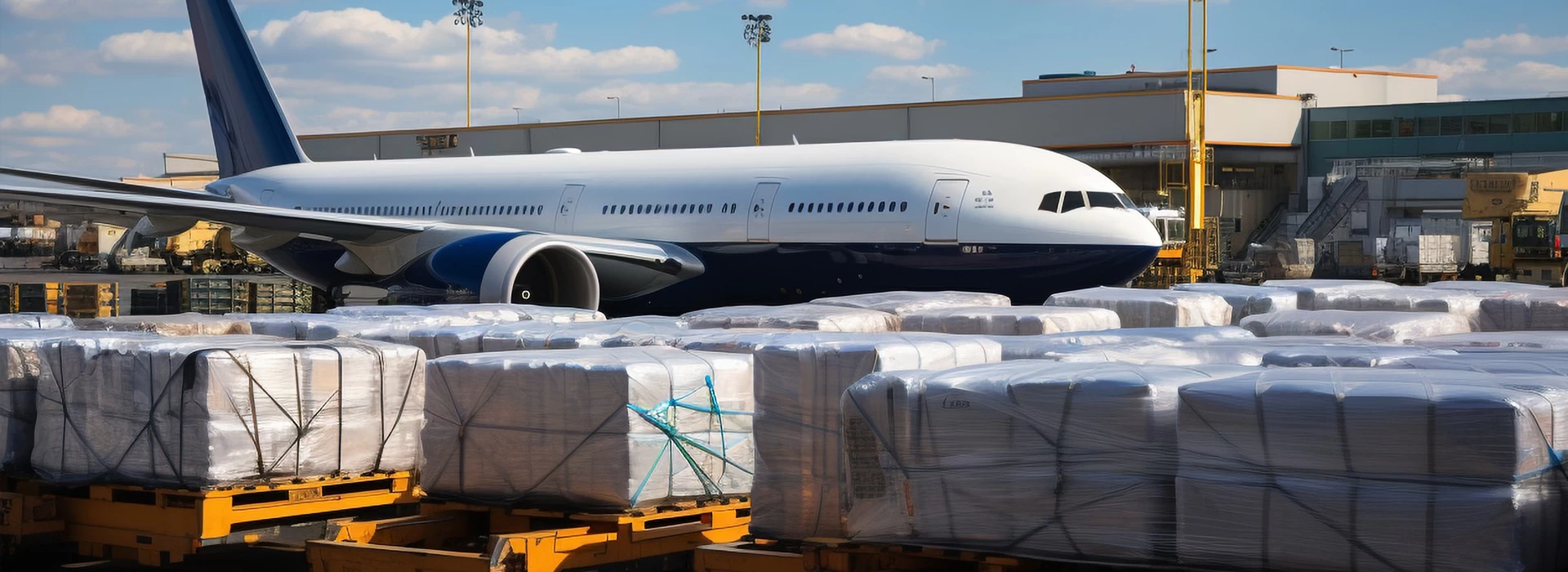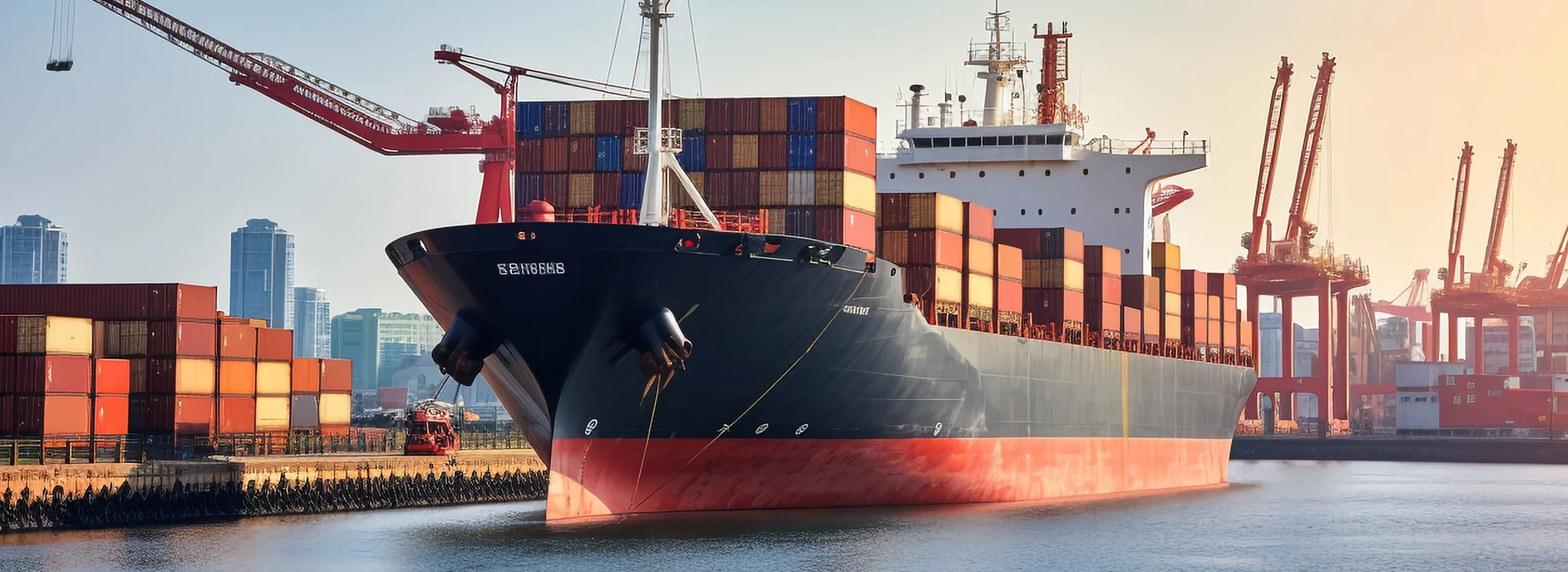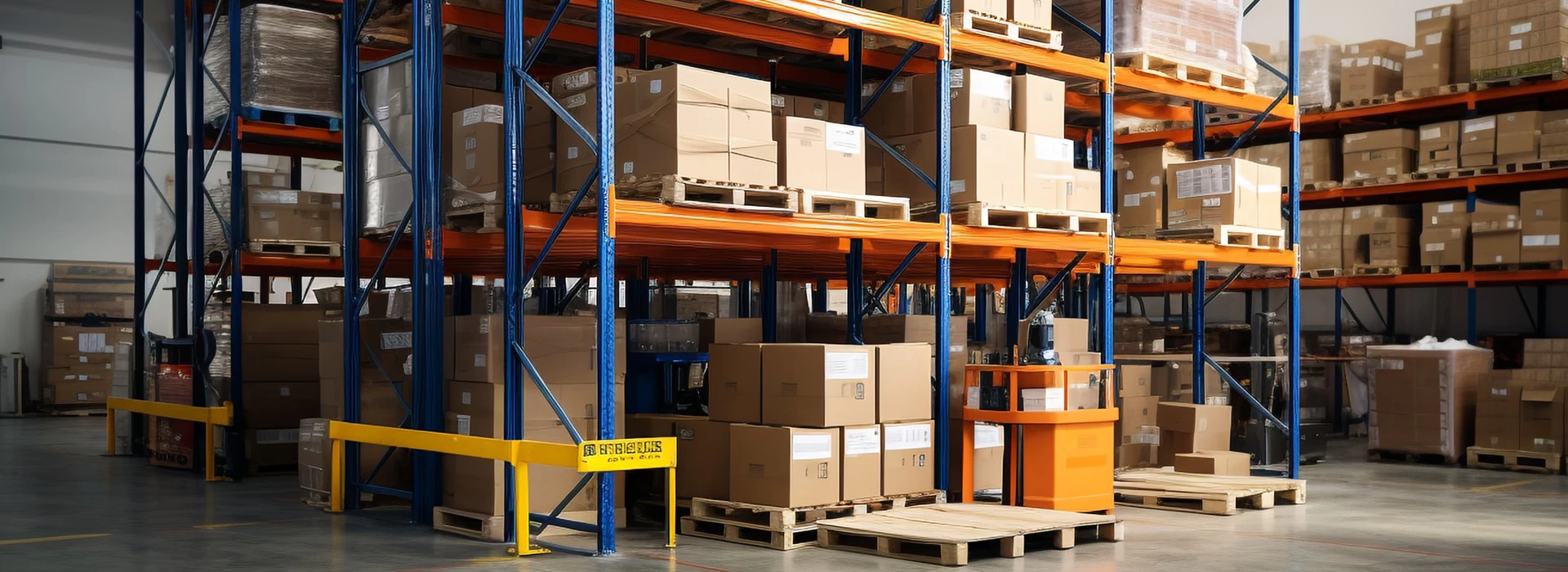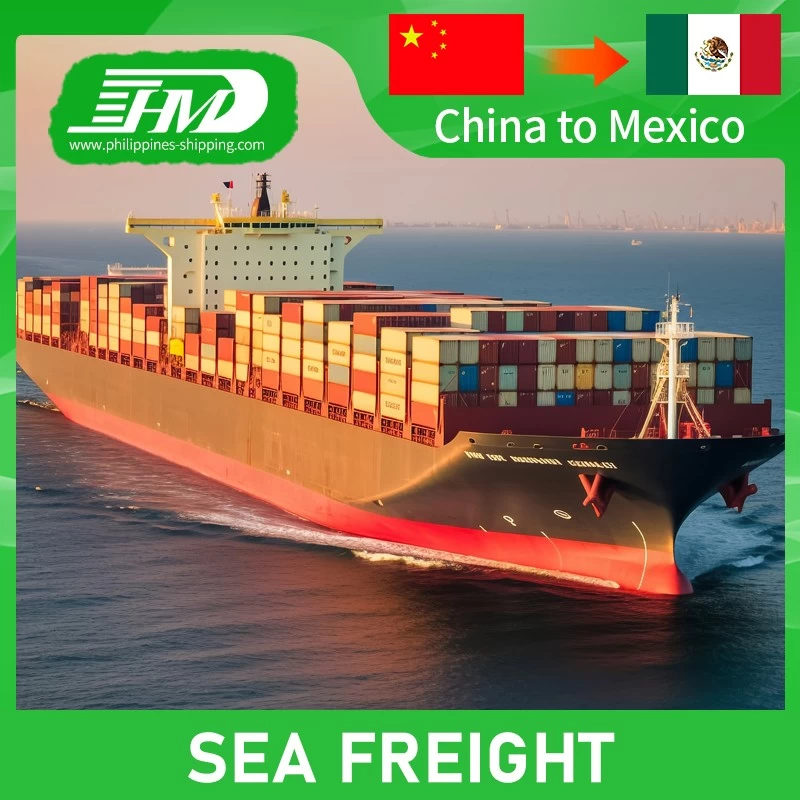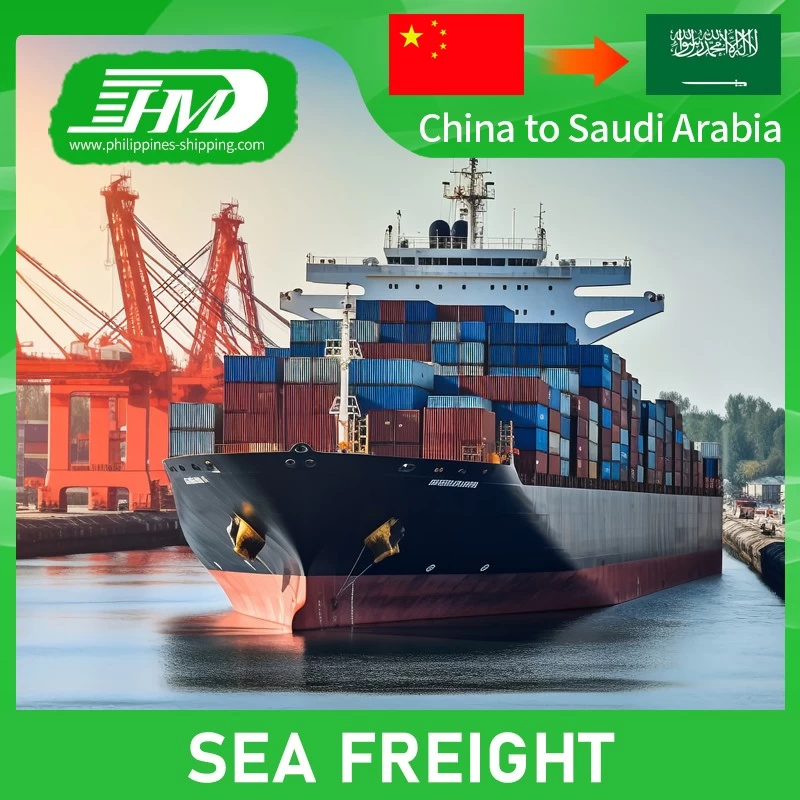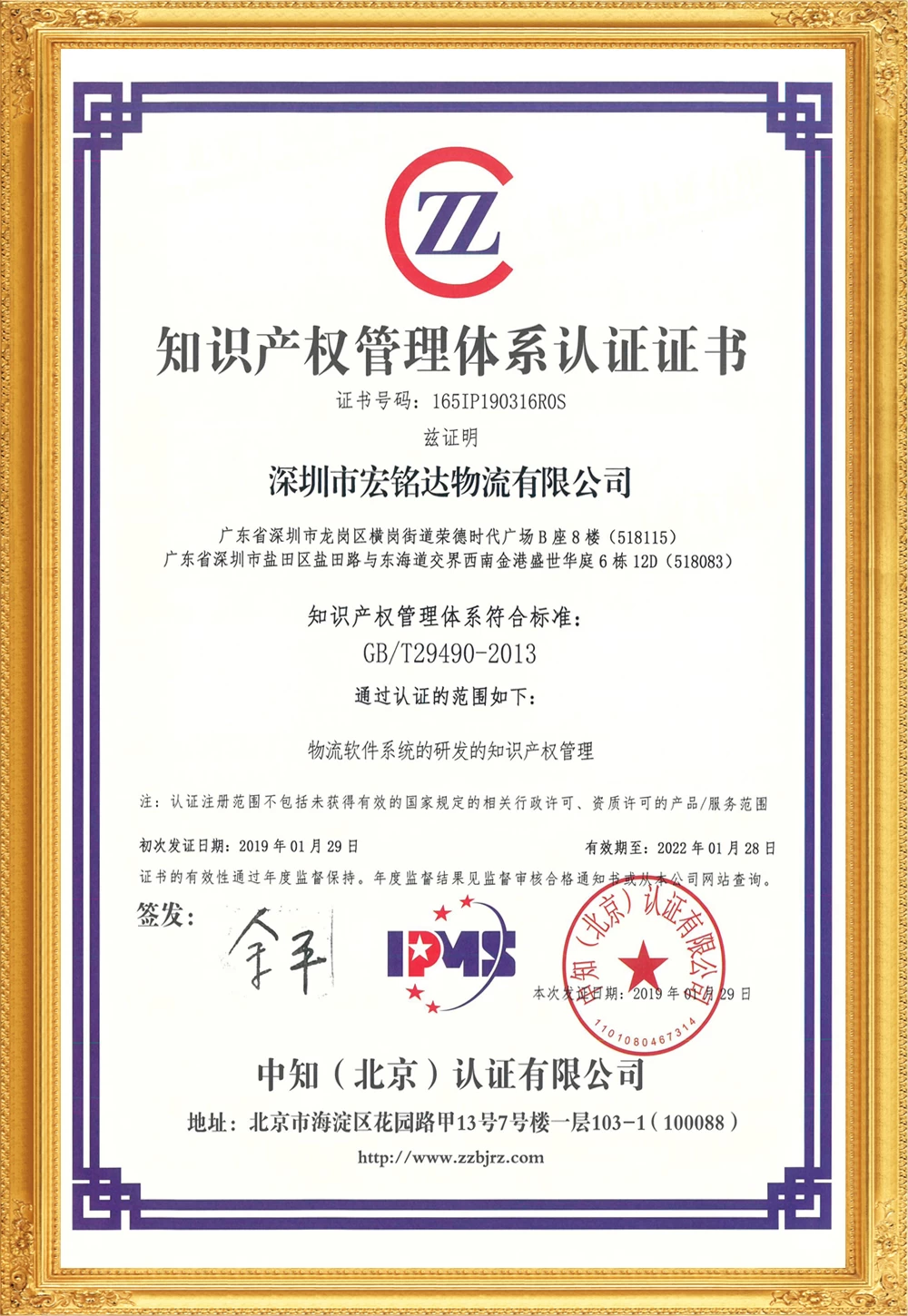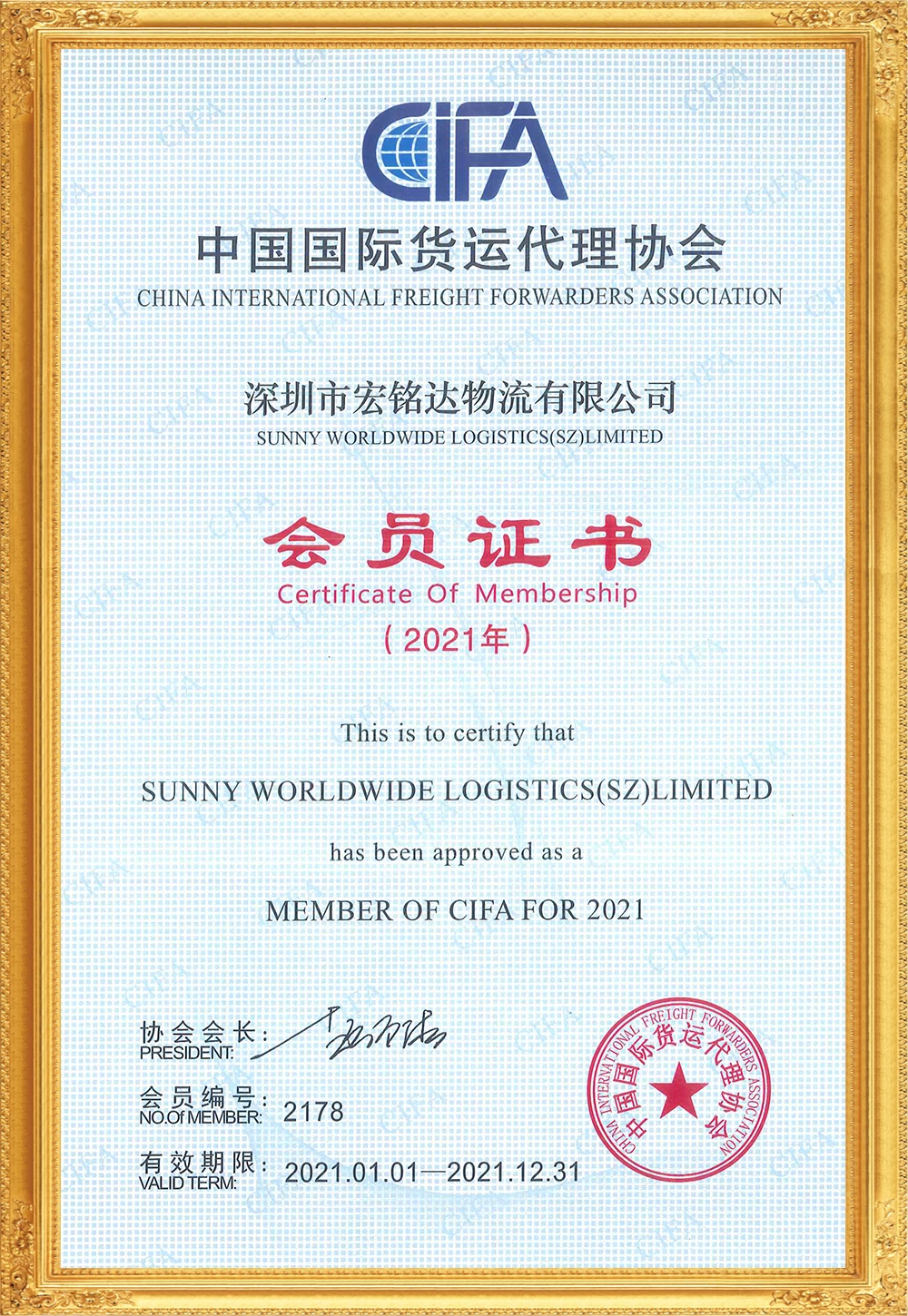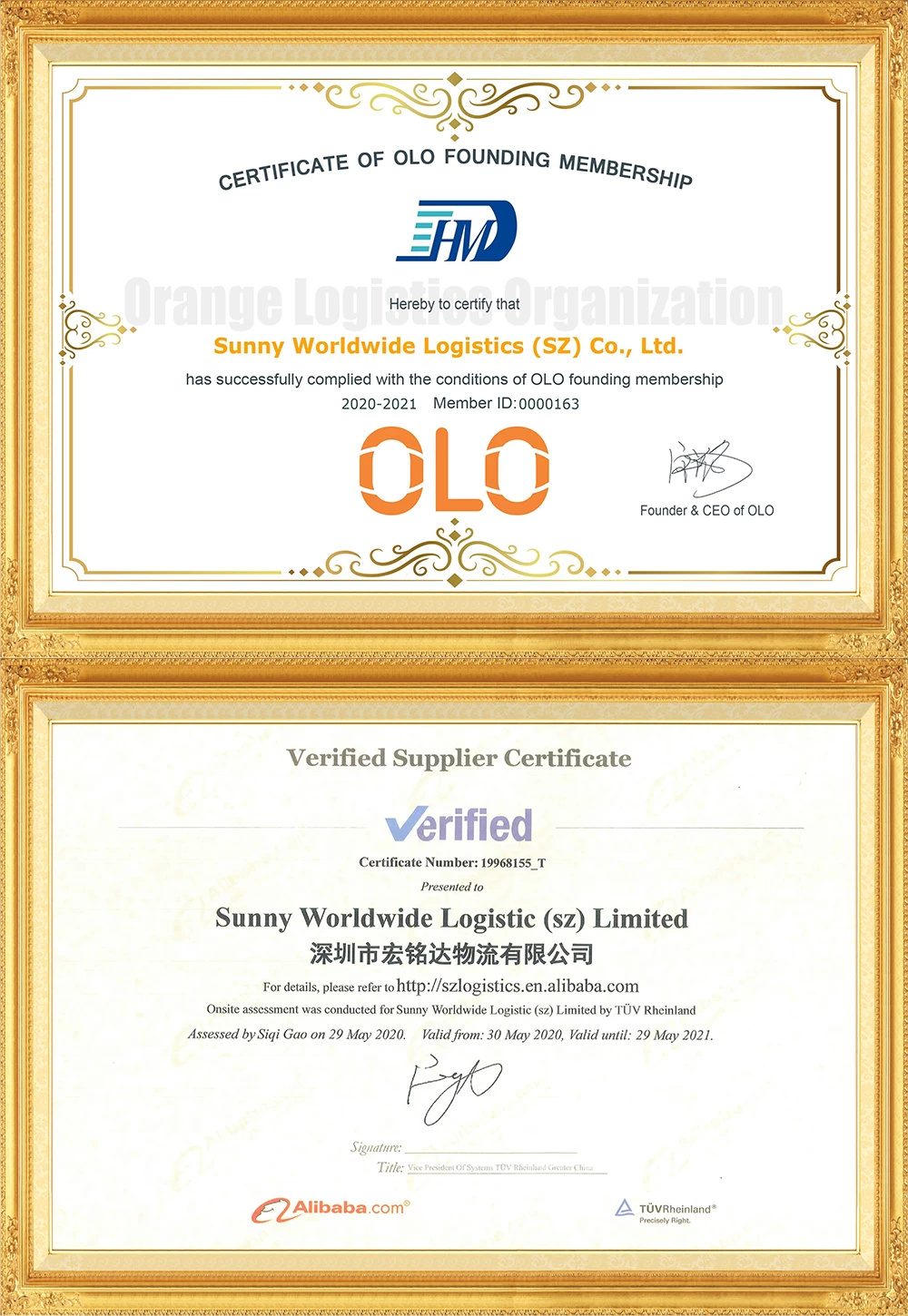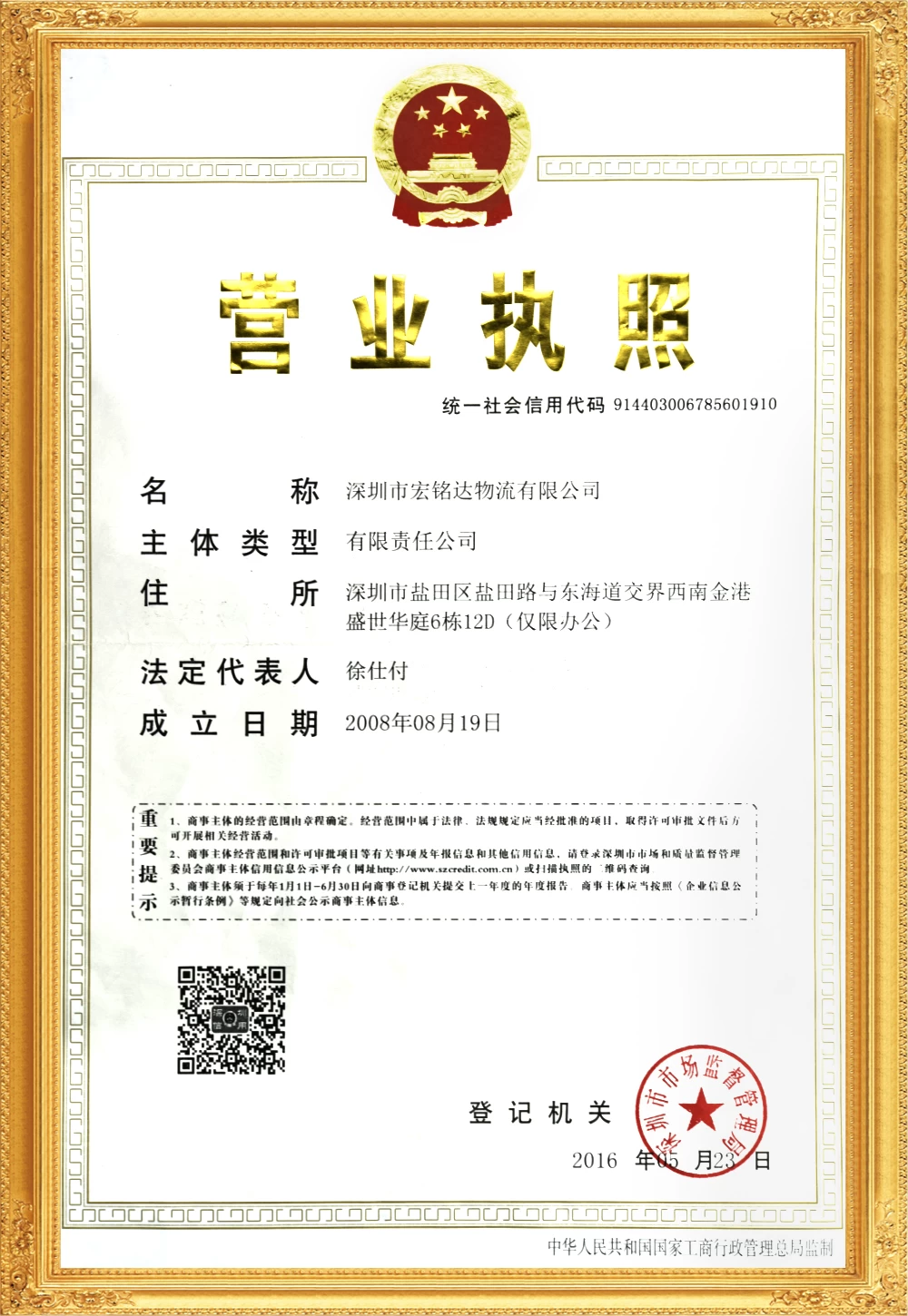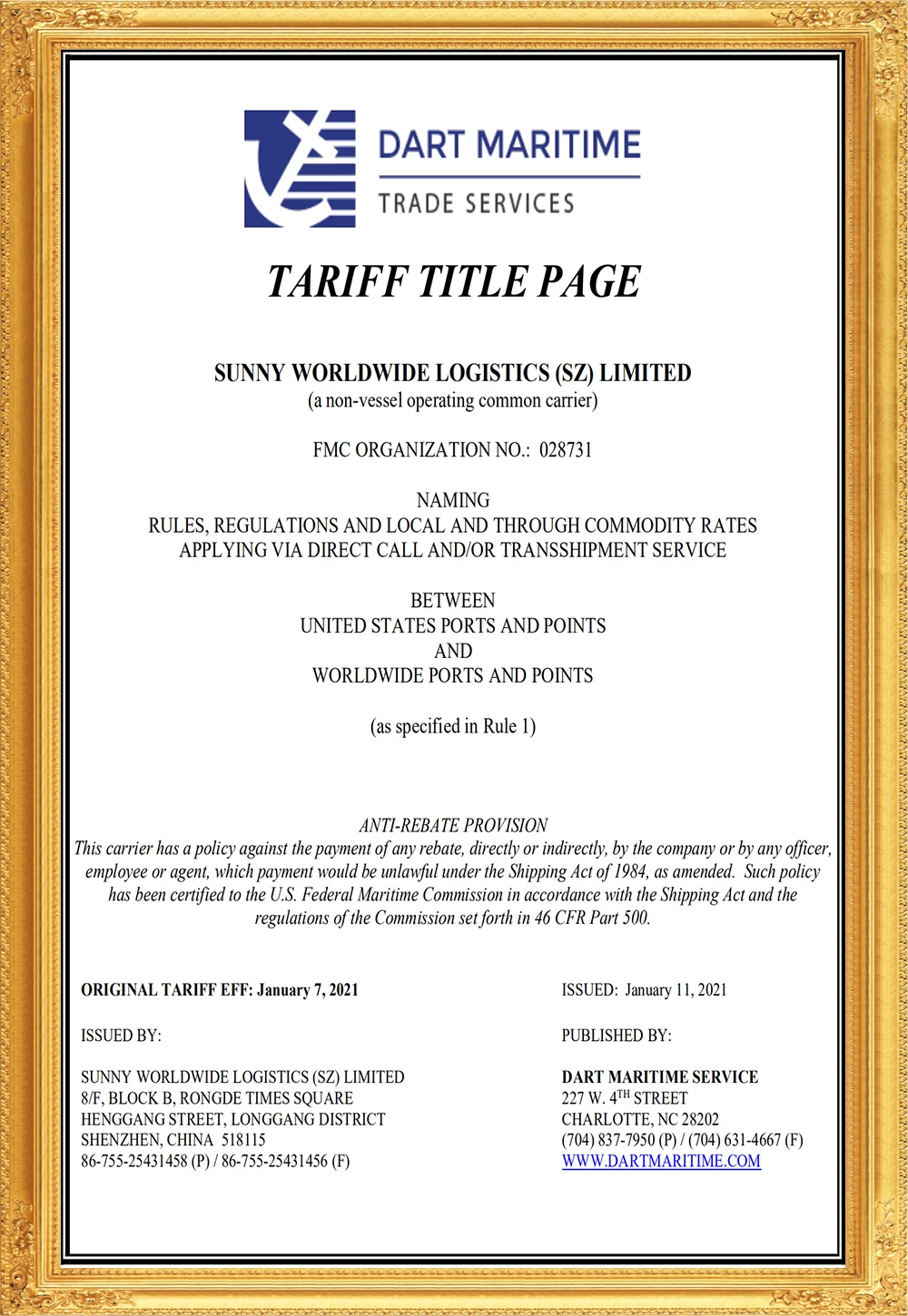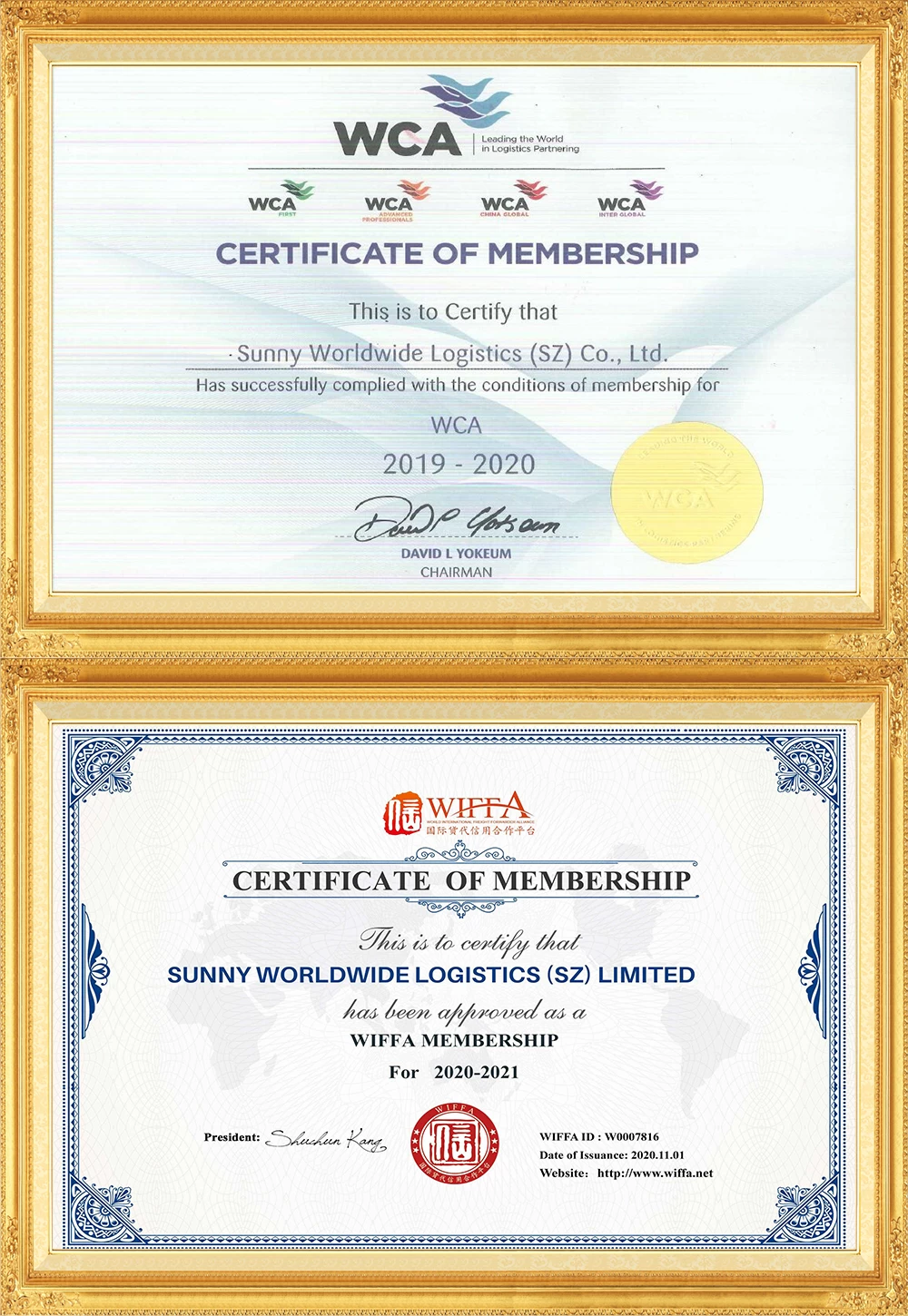An explosion occurred at a pier, causing over 100 casualties!
In the early morning of December 18, local time, an explosion occurred at an oil terminal in Conakry, the capital of Guinea, killing at least 13 people and injuring 178 others. The extent of damage to the pier is unclear.
The cause of the fire was unknown and an investigation would be launched to determine its cause and those responsible, the government said in a statement. The scale of the incident "may have a direct impact on the population," the statement said. But no details were given.
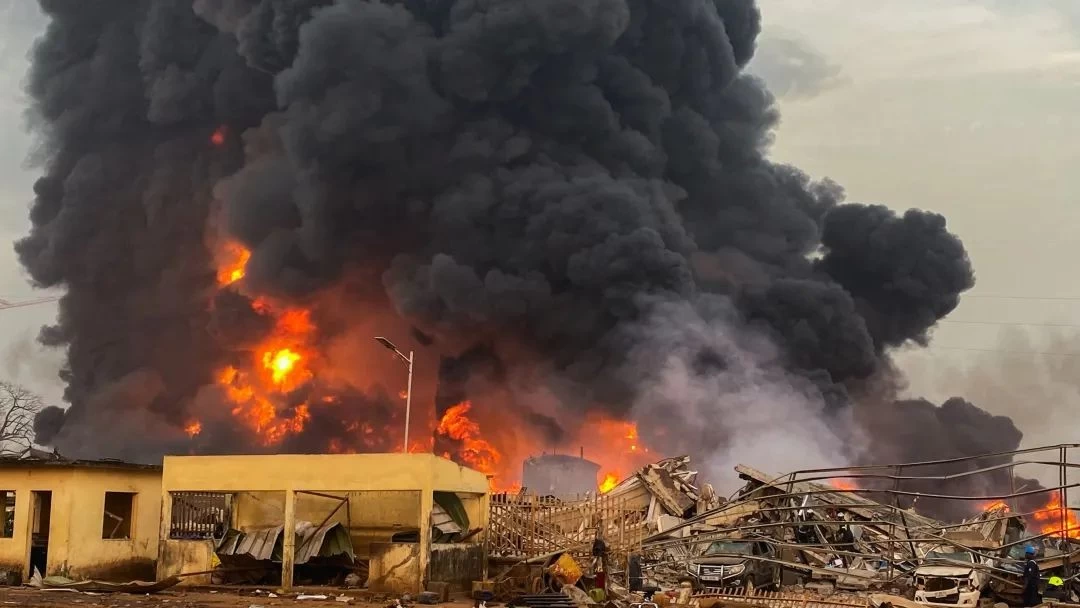
The explosion shook the administrative district of Calumes, located in the center of Conakry, with windows blown out in several nearby houses and hundreds of people fleeing, witnesses said.
Reuters reported that Jean Traore, the head of the country's civil protection department, said that the local government warned that the incident may directly affect the security of Conakry.

Guinea is not an oil producer and has no refining capacity. It imports refined products, stores most of them at Calum Terminal, and distributes them by truck across the country. This terminal is the only oil terminal in Guinea. After this explosion,
As of Monday afternoon local time, firefighters had basically brought the fire under control. Earlier, fires and billowing black smoke could be seen for miles as several tanker trucks left the Conakry warehouse escorted by soldiers and police.

The cause of the accident is currently unclear. It is understood that the cargo at the oil terminal is flammable, explosive and easy to evaporate, and it is impossible to completely close the terminal for loading and unloading. Therefore, liquefied petroleum gas, refined oil and other oil materials are inevitably exposed to air during storage and transportation. When the gas generated by evaporation reaches a certain concentration and forms a flammable or explosive mixture with air, once it encounters Ignition source, combustion and explosion accidents will occur. In addition to oil factors, illegal smoking at the terminal, motor vehicle exhaust smoke and fire, and quality problems with electrical equipment and facilities may also be the causes of explosions and fires at oil terminals.
It is worth noting that in various oil terminal accidents, in addition to casualties, oil leaks may also occur, polluting nearby sea areas, seriously affecting terminal production and the lives of surrounding residents.
The explosion of dangerous goods is one of the most lethal safety accidents in ports. Oil, as a flammable and explosive item, requires great caution during transportation and storage.

Sunny Worldwide Logistics We have 26 years of transportation experience, safely transporting dangerous goods such as Class 1 fireworks and Class 9 batteries for our customers. Welcome to consult us and come and try out an order.


